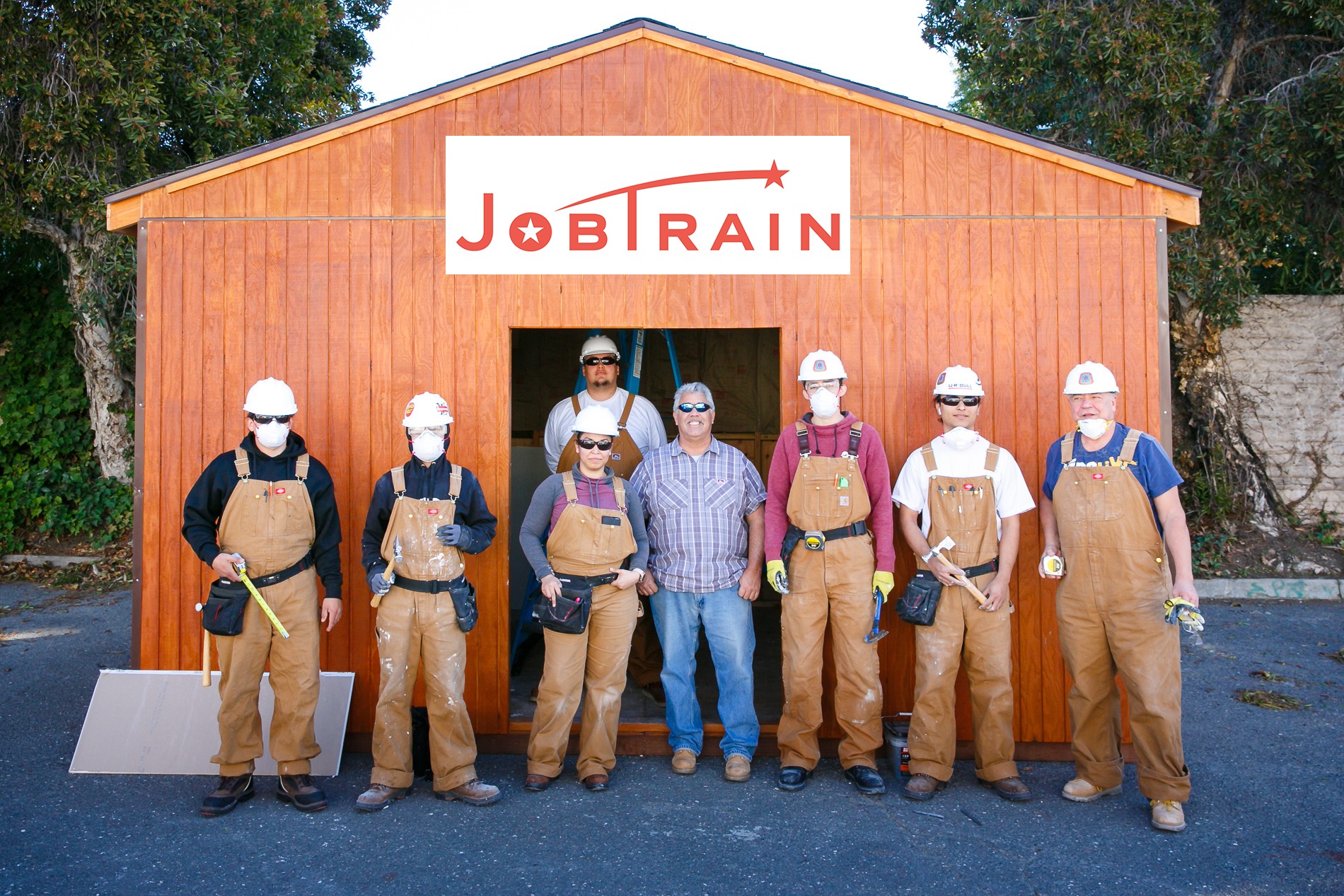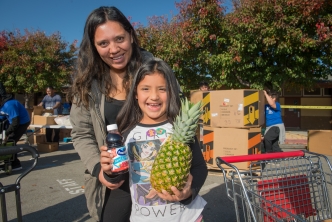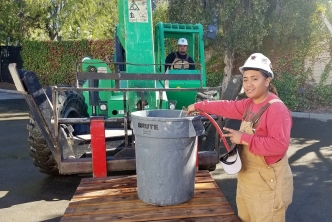
We are profoundly needed right now - By Barrie Hathaway
Contribution from Barrie Hathaway, President and CEO of Jobtrain, a nonprofit helping the Valley’s most in need reclaim their lives from poverty and unemployment by preparing them for successful, sustainable careers in high-demand and emerging fields.
As I watch the COVID-19 crisis unfold from the front line, I am keenly aware of the role nonprofits play in our society, particularly in times of crisis but really every day. I’m struck by the essential position we hold in the ecosystem, and also by how we are part of a larger system that must work in sync, leaning into each other’s unique strengths and leveraging each other for the best possible outcomes. And, I am reminded that philanthropy is a force powering innovation and rapid response within our sector.
For seventeen years, I have been in the nonprofit workforce development field. Today, there are stark examples of how the nonprofit sector fills gaps that would otherwise go unfilled. By way of illustration, I offer two contemporary examples:
Three weeks ago, the state of California was projecting 12.5% unemployment. Last week, Governor Newsom projected state unemployment will reach 18%. By contrast, five weeks ago, JobTrain reported that 43% of current and recently graduated clients had lost their jobs, and for 61%, someone in their household had lost their job, substantially higher than the state in general. One of the unique roles the nonprofit sector plays is providing insights into the impact of this crisis on our most “vulnerable” populations. The outsized impact of this crisis on low-income communities, and in particular communities of color, needs to be understood, and appropriate on-the-ground, real-time responses must be developed and implemented, which leads me to my next example.
As we all know, the federal government enacted cash payments to Americans. To their credit, they acted quickly with a much needed, helpful solution. Unfortunately, the solution was a one-size-fits-all approach that was agnostic to the scope of individual need, was slow to be delivered, and was bogged down by bureaucracy that left many of our clients out.
On the other hand, like our partner workforce development organizations, JobTrain immediately pivoted to respond to the needs of the community. Within a week of the shelter in place order, we had redeployed staff to assist clients to gain access to basic supports such as food, housing, and health care. Within two weeks, we launched a crisis relief fund, created new systems for assessing and disbursing cash relief, and redeployed staff to assist in the process.
Our solutions and the solutions launched by other nonprofit organizations were ramped up quickly, responsive to individual needs, steeped in direct knowledge of the needs of the people we serve, and designed to evolve with client needs. It is not my intention to disparage the federal government, but instead to illustrate the kinds of community-need gaps that nonprofit organizations are uniquely positioned to fill.
In alignment with the responsive, local purpose of the nonprofit sector, philanthropy is playing a key role in enabling our response to this crisis. While traditional government grants and contracts stopped working in the face of the crisis, philanthropy has stepped in to fill the void. Where government grants are highly restricted, local foundations and individual donors have allowed substantial flexibility, empowering us to use their investments where they are needed most. Where government grants take six to nine months to materialize and are highly restricted, philanthropic dollars are nearly instantaneous, local in scope, and responsive to the most pressing needs of the community. And finally, while we need the responsive, flexible elements of philanthropy during this crisis, we will also need these same characteristics to develop and deliver long-term solutions.
We are profoundly needed right now. We will do our part, and I trust that the philanthropic community will be by our side, moving fast, giving generously, providing operating flexibility, and supporting local nonprofits as we pivot to address the staggering (and growing) needs here in Silicon Valley.


